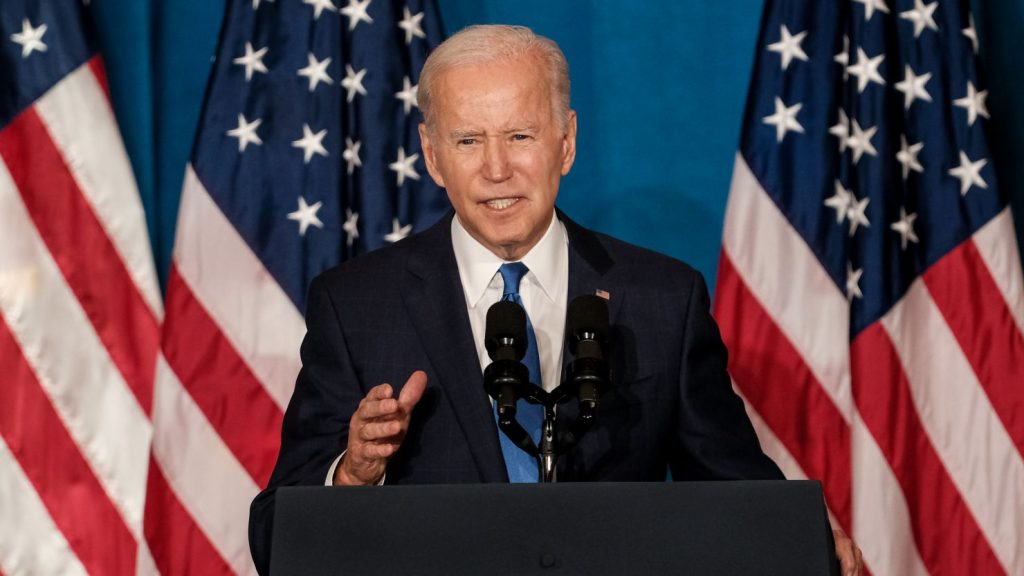Making headway in the fight against global corruption hinges on two parallel but mutually reenforcing lines of effort: strengthening and resourcing anti-corruption enforcement at home, and working to advance international coordination, cooperation, and information sharing to root out global corruption networks. You can contribute to this critical work by urging your Members of Congress to support measures that enhance anti-corruption planning, coordination, and execution across U.S. agencies and departments, address the ways that corrupt actors and their enablers move and hide the proceeds of corruption, prioritize transparency and anticorruption in our international engagement and foreign assistance, and provide adequate funding for the U.S. financial intelligence unit (FinCEN).


